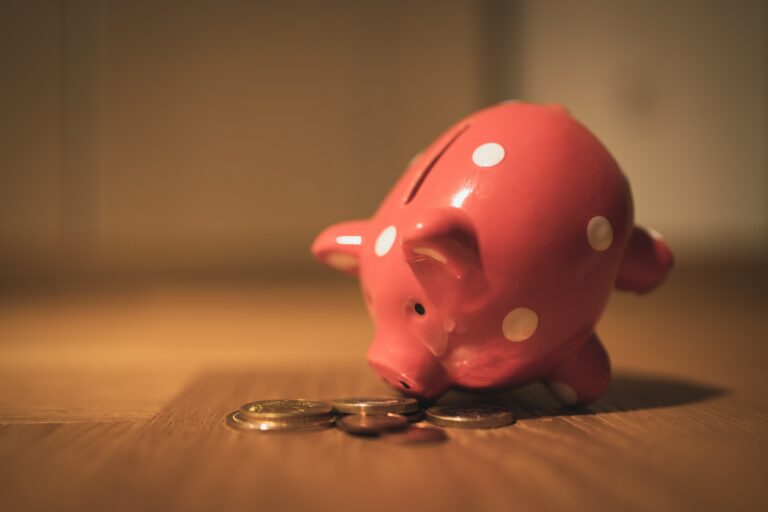
Who Gets My Bank Account When I Die?
After you die, several things can happen to your bank account, depending on your account type, how you’ve set up your account before your passing and whether you’ve set up a will or trust.

After you die, several things can happen to your bank account, depending on your account type, how you’ve set up your account before your passing and whether you’ve set up a will or trust.
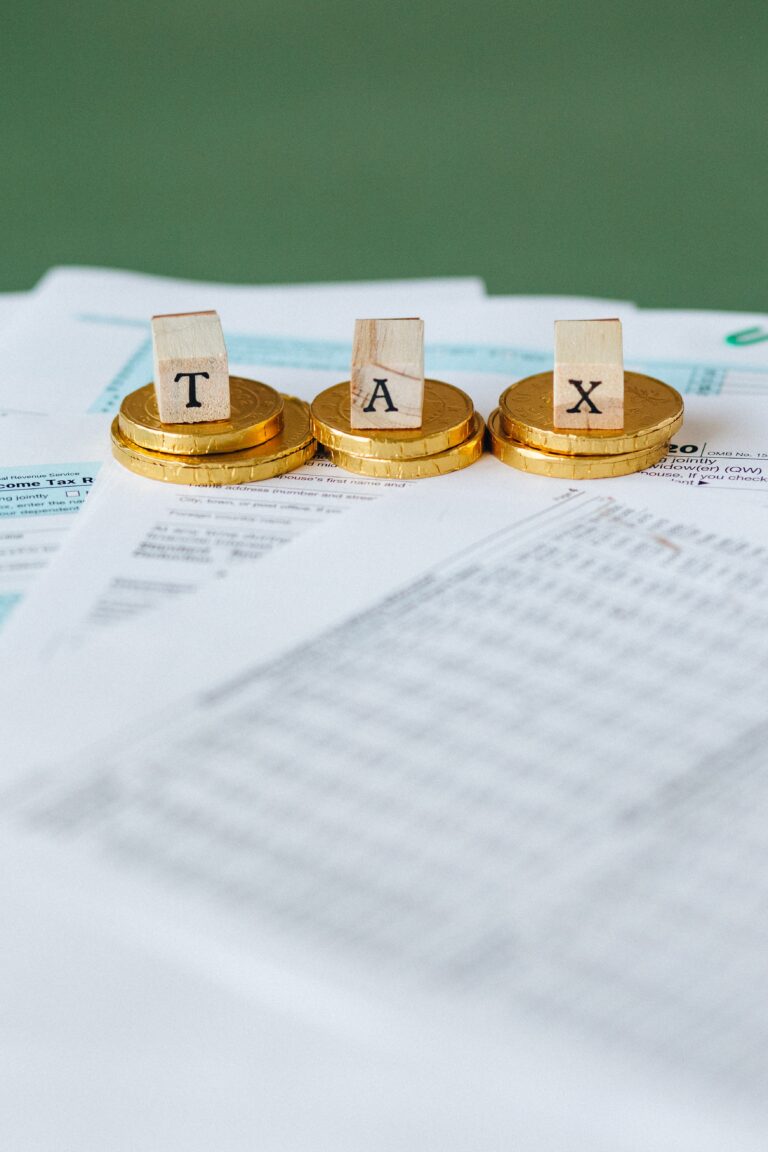
It is becoming harder for older Americans to leave retirement savings to their grandchildren without sticking them with a big tax bill.
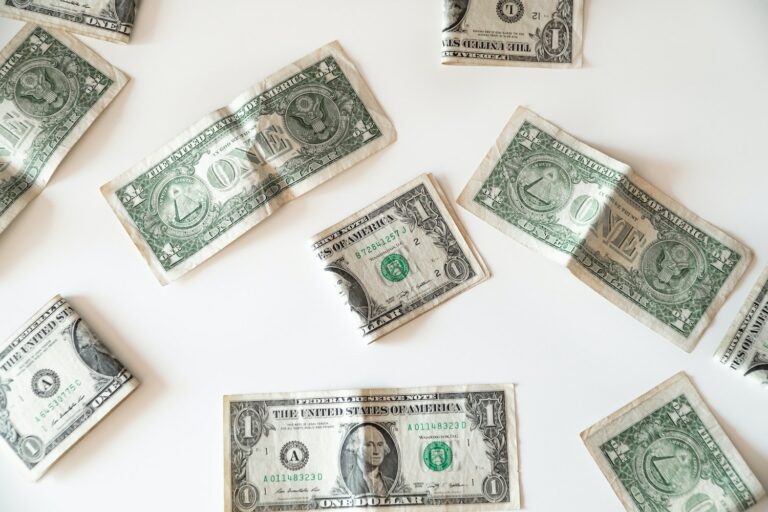
Children are treated fairly when it comes to inheritance. But “fair” doesn’t always mean “equal,” especially if your family situation or assets are complicated. In some circumstances, giving kids equal inheritances may not be the best option.
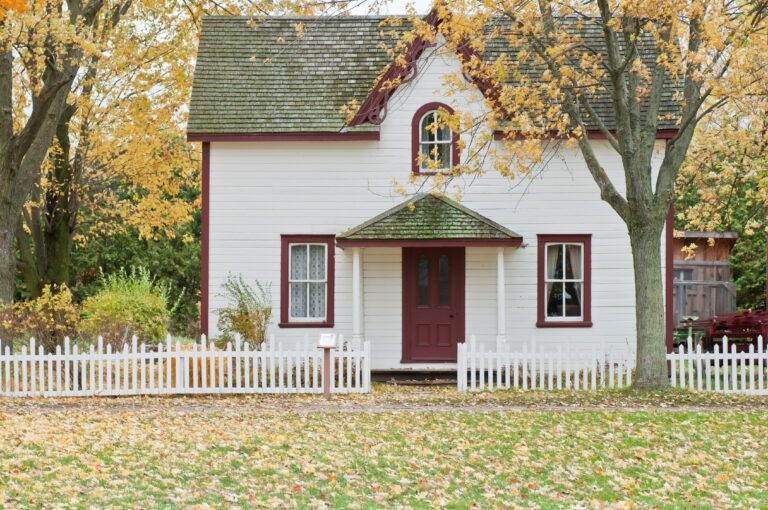
Inheriting a house with siblings can be a blessing or a curse, depending on your family situation and how you handle it.
Your digital life includes dozens of usernames and passwords. Providing a digital estate plan can help your family deal with your accounts with minimal fuss.

If you haven’t properly accounted for these things, your heirs may not be able to access these assets when you’re gone.
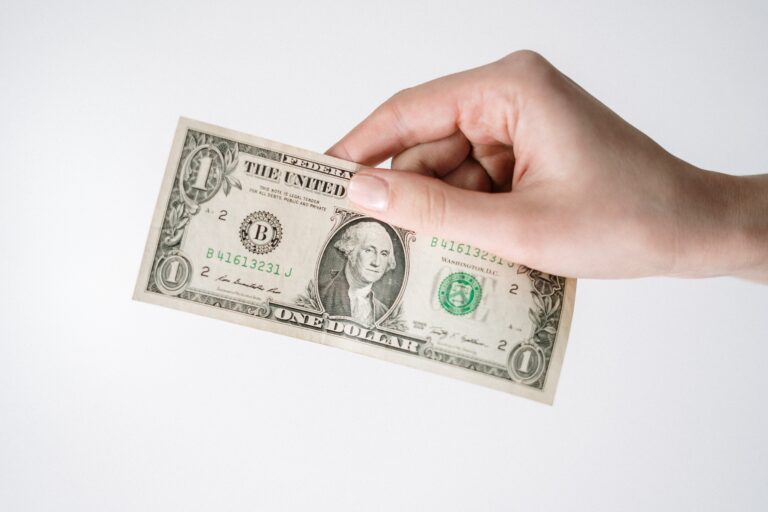
If you’re part of the baby boomer generation, you may be in the process of making plans to pass on any assets you have to your children and other beneficiaries.
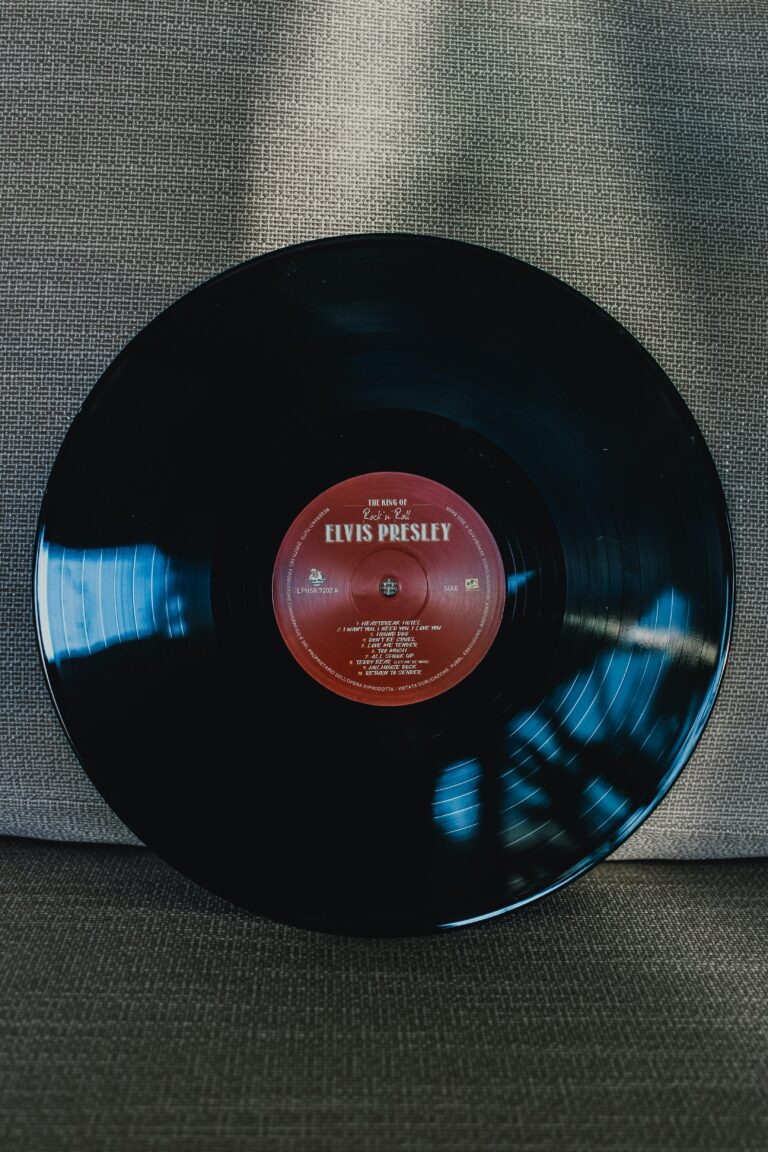
Elvis’ estate planning failures certainly adversely affected the life of his daughter, Lisa Marie, and have carried over into issues with her estate.
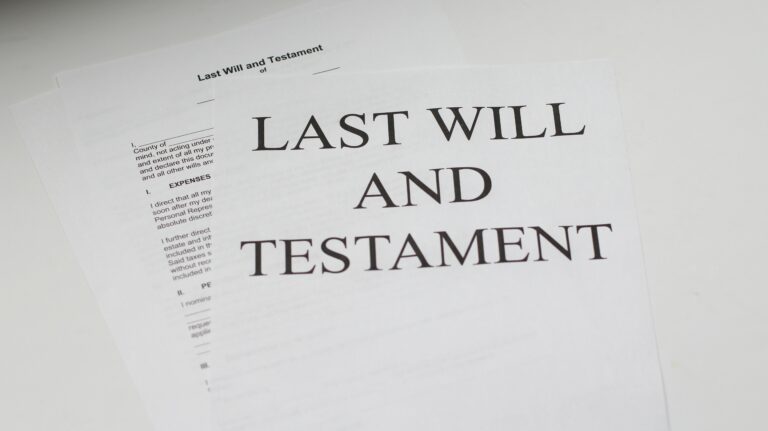
A last will and testament is a legal document that controls how most of your property and obligations are distributed after your death.
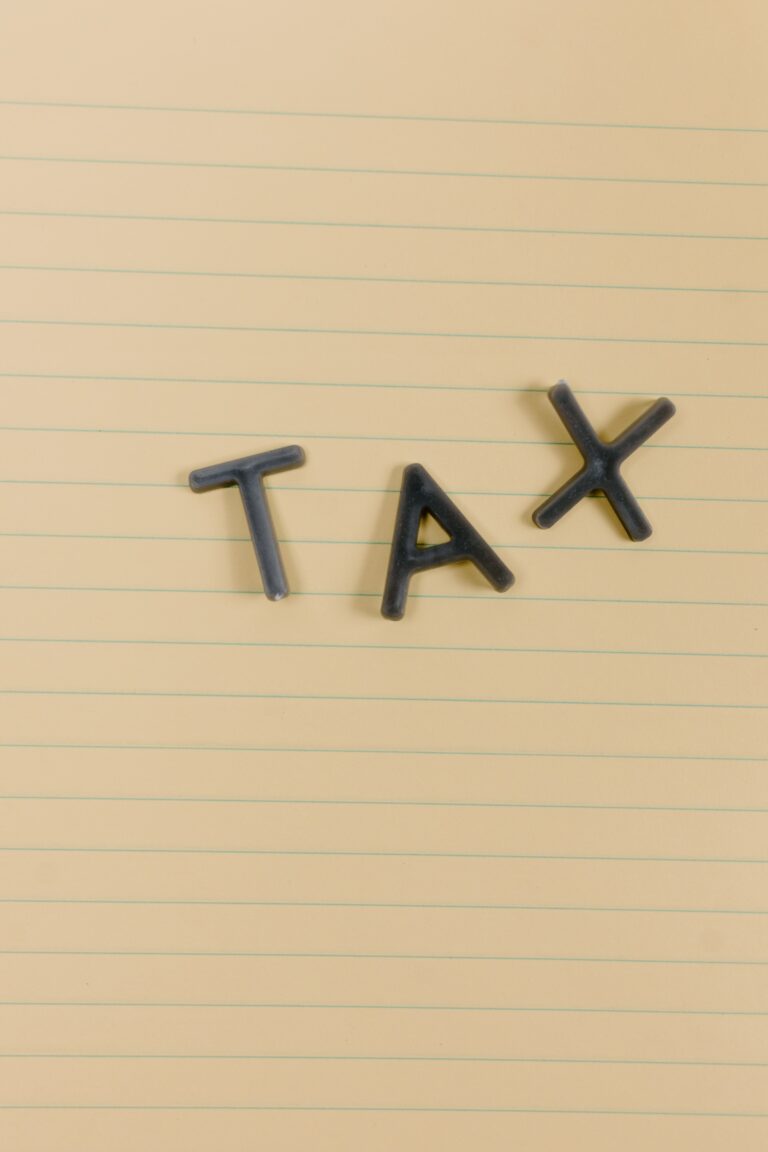
Studies suggest that millennials will inherit an astounding $68 trillion in the coming years, making them the wealthiest generation in history. While this may be great news for some, it also comes with significant tax implications.